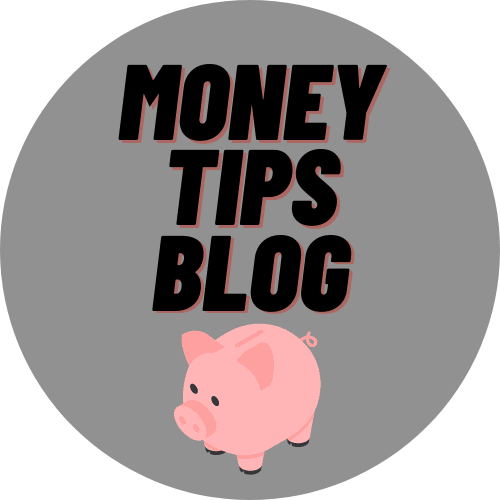“Debt” is a word that can spark many different emotions in us. A basic rate taxpayer in debt by anything over £1,000 is likely to feel anything ranging from anxiety and shame, right through to apathy derived from a “well, what can I do?” conclusion on the matter.
Recently, the news that reality TV star Mike Thalassitis committed suicide partly due to his mounting debts has been a stark reminder that debt can sadly take some people to the darkest of places, and destroy lives.
What follows is my own personal experience of debt which I preface by saying has been managed very carefully…
My experience with debt
Most of my friends don’t have a credit card. I think maybe that has something to do with transitioning into adulthood during the 2008 global financial crisis, I’m not sure. Those that do have an Amex “for the points”, and perhaps also, to some degree, as a status symbol.
Contrastively, I took out my first credit card a decade ago. It was around this time that I started educating myself about credit scores- what they are, how they can bear on your life and, importantly, how to improve my own. I decided to take out a credit card with which I used exclusively at the supermarket. I set up a direct debit to pay it back in full each month to avoid paying the extortionate interest. This gradually improved my credit score as a documented dependable borrower.
I continued in this vein for many years until one day I decided I’d apply for a 0% interest credit card. This had been sparked by a period in which I was occasionally dipping into my overdraft. No longer in “Graduate” status, these brief spells of being in the red were costing me.
I decided to take advantage of the 0% interest by paying off the minimum, which was 1% of the balance. Over the course of 3 years, my credit card balance started to creep up. Occasionally, I would pay off £1,000 here, £500 there to keep it below £3,000 (which in my mind was a manageable level).
My lifestyle had not really changed but my earning situation had. I was unemployed for a couple of months, and then I took a job that paid less than my previous one had. Occasionally, something expensive would come up and I wouldn’t deny myself- a skiing holiday with some friends, a new bathroom fitted in my house, etc.
The importance of an asset
On that note, my house was actually the only reason I felt comfortable continuing to spend on my credit card. I knew it had gone up in value quite a bit and I was gearing up to sell it. I knew there was far more equity in the house than my credit card balance.
Fast forward to 2019 and I sold my house a few months ago. Since I have not purchased another property, I have invested some of the proceeds, the rest is sitting in my bank account in cash. I still haven’t paid off my credit card which now has a balance of £9,000 because the 0% period doesn’t end until June and I’m currently earning interest on my house proceeds.
I would also add that taking a job where I started on a low salary turned out to be a great move because this started me on a slightly different career path. As a result, I now enjoy my work a lot more, and I now earn enough that I am able to save money each month so I don’t have to depend on a property to generate wealth for me (although I also want to buy another house soon).
To conclude
So my message here is that debt doesn’t have to be a dirty word. Debt managed carefully can serve as a bit of a life raft during a period where cash is tight. If do you do choose to approach debt in the manner I have described above then the caveat is that you have to have assets behind you that you can liquidate to pay off the debt when the time comes!
If you are currently struggling with debt then there are plenty of helpful resources out there. Don’t despair, get a plan together and chip away at it slowly.
Update
As planned, I finally paid off my credit card! Since I never paid any interest on the balance and since I had the savings to pay it off in full, I never felt crippled by debt. That said, I certainly feel a little more “free” now that the only debt to my name is my student loan. Pay off all your “non-mortgage” debts is step 2 to the Dave Ramsey’s baby steps. Read more about that here.

